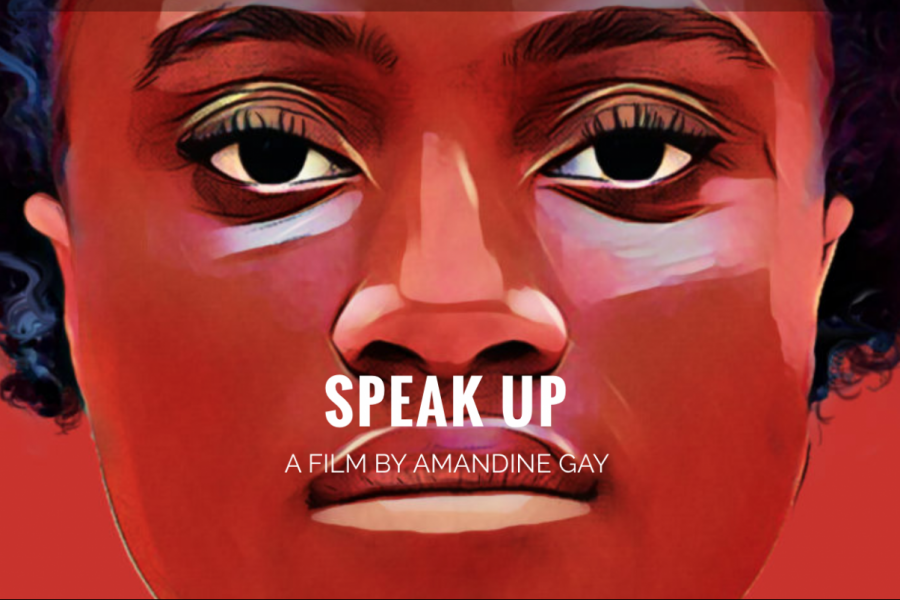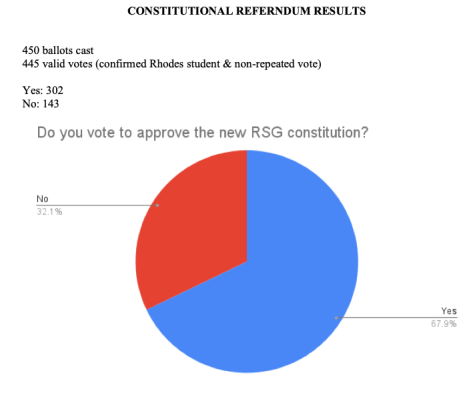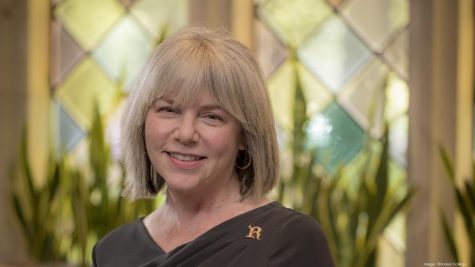Rhodes hosts Amadine Gay’s ‘Speak Up’
Graphic courtesy of Amadine Gay
Amadine Gay’s ‘Speak Up’
March 25, 2019
Rhodes College hosted a screening of Amadine Gay’s film “Speak Up” on Feb. 16 in Blount Auditorium. Students and faculty from University of Memphis and Rhodes braved a rainy evening in order to view Gay’s documentary. The two-hour documentary followed the stories of 24 women. Described as a work where “women of African descent converse about what it means to be a woman today and to belong to the Afro community,” Gay’s documentary showed a world where African women were constrained by the stereotypes that came along with being a foreigner. Gay’s movie suggested that African women’s individuality was seized from them through negative stereotyping.
According to Gay, these women’s initiative to share their experiences allowed them a chance to regain representative control. Because they were honest about their encounters with harmful stereotypes and ignorance, these women exposed the harsh reality of racism and discrimination to the public.
“Amadine Gay’s film Speak Up simultaneously captures both the strength and struggles of women of color in France through a powerful lens of unapologetic honesty,” Katy Nau ’22 said.
As an African woman herself, Gay said she had faced things similar to the women in her documentary had. Adopted by a white couple, Gay attended schools where she was the only person of color. Consequently, she felt called to activism at an early age. Her film career began in acting, but became frustrated with stereotypes about African women as sex workers, drug addicts or undocumented immigrants.
In response to this, Gay quit acting and became a filmmaker with the goal of “promoting another image of black women” that extended beyond criminality. Galvanized by this thought, Gay began to film Speak Up.
“Her documentary lifted the blanket of ignorance from society, and uncovered the destruction and pain that racism, intentional or not, can cause,” Emma Day-Hill ’21 said.













